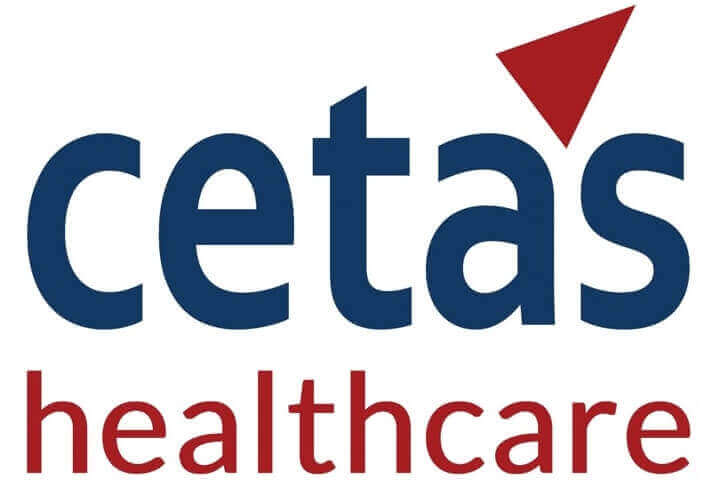X
The convergence of proactive and reactive methodologies within a post-marketing surveillance (PMS) system can significantly enhance the effectiveness and robustness of medical device monitoring. By harmonizing these approaches, manufacturers can more comprehensively address emerging issues, ensure patient safety, and maintain the integrity of their products. This article explores the symbiotic relationship between proactive and reactive PMS strategies and how their combination contributes to building a formidable PMS system.
The proactive component of PMS supplies data-driven insights into the device’s real-world performance. By consistently monitoring this data, manufacturers can identify patterns and trends that could indicate potential risks. When coupled with the reactive element, this information becomes a foundation for early detection and intervention in case of adverse events.
Proactive methodologies enable the identification of subtle performance deviations or safety concerns. When these deviations are flagged, the reactive aspect kicks in. Swift action can be taken to investigate the causes, assess the risk level, and implement mitigation strategies before the issue escalates.
The proactive approach generates continuous data streams that aid in iterative device improvement. Manufacturers can use this information to make incremental design modifications, update labeling, or refine usage instructions. These improvements reduce the likelihood of adverse events and enhance the device’s overall safety and effectiveness.
A successful PMS system adapts to the evolving landscape of medical technology. The combination of proactive and reactive elements equips manufacturers to promptly adjust their surveillance strategies based on emerging data. This adaptability ensures that the PMS system remains relevant and effective over time.
Integrating proactive and reactive PMS methodologies directly benefits patient safety. Proactive measures reduce the likelihood of potential issues, while reactive measures ensure that any issues that do arise are addressed promptly and effectively. This combination minimizes patient exposure to risks and maximizes the device’s therapeutic benefits.
Regulatory agencies expect manufacturers to implement robust PMS systems. The synergy between proactive and reactive approaches demonstrates a comprehensive commitment to device safety and regulatory compliance. This, in turn, enhances the manufacturer’s reputation and fosters trust among stakeholders.
The amalgamation of proactive and reactive methodologies within a post-marketing surveillance system creates a powerful framework for medical device manufacturers. By harnessing the strengths of both approaches, manufacturers can anticipate and mitigate risks, enhance patient safety, and drive continuous improvement. The synergy between proactive and reactive strategies solidifies the manufacturer’s dedication to patient well-being, regulatory adherence, and the advancement of medical technology as a whole.


We provide the best insights for your business
